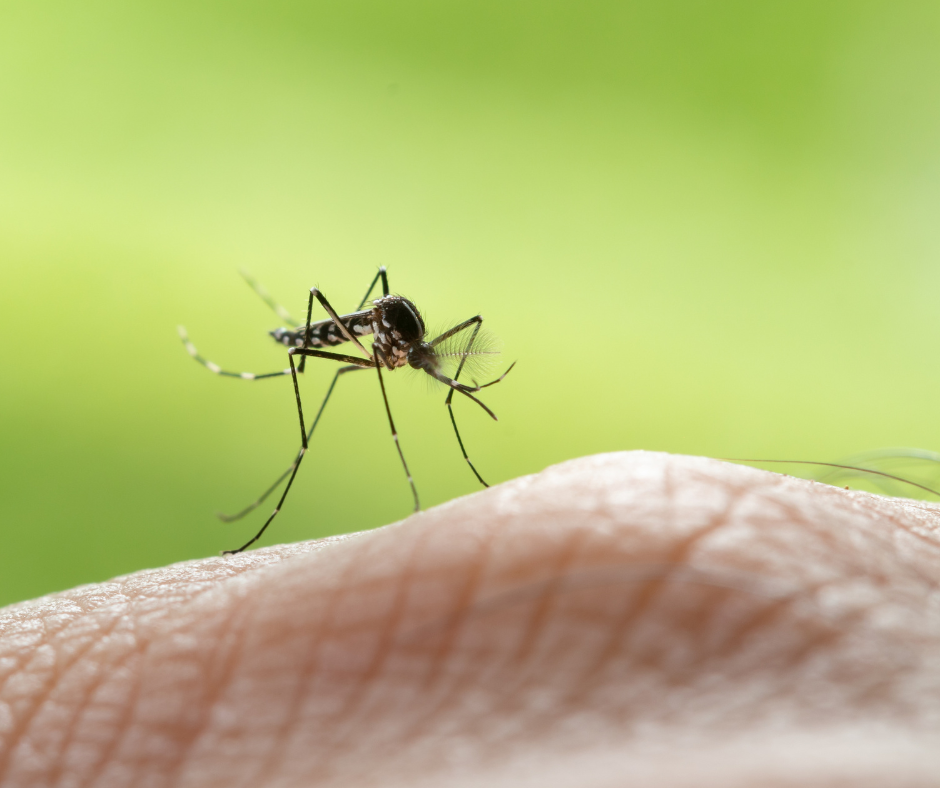Wolbachia: A Novel Method for Controlling Mosquitoes to Tame the Spread of Dengue
Wolbachia: A Novel Method for Controlling Mosquitoes to Tame the Spread of Dengue

Management Sciences for Health (MSH) is working to determine what countries around the globe are willing to pay to use a novel and effective pathogen called Wolbachia to control rising outbreaks of dengue fever.
A naturally occurring bacteria, Wolbachia has been proven to reduce the spread of the dengue virus, which causes more than 36,000 deaths annually. Dengue is most widespread in Latin America and Southeast Asia, but recent projections suggest Africa is likely to see the biggest change in dengue risk in the coming decades—particularly in southern Africa and the Sahel Region in West Africa, largely due to changes in temperatures and increased rainfall.
Wolbachia also holds the potential to help stem the spread of a range of other infectious diseases that kill tens of thousands of people annually, such as Zika, chikungunya, and yellow fever.
MSH experts are reviewing health budgets, conducting literature reviews, and surveying vector control managers and private and public payers as part of their fact finding. Senior Technical Officer Eliza Love and Senior Technical Advisor Andrew Carlson explain how Wolbachia works and the urgent need for better mosquito-control techniques.
Can you walk through the scope of the public health challenge?
The Aedes aegypti mosquito is the main transmitter of dengue, Zika, chikungunya, and yellow fever viruses. The rapid expansion of urban centers, coupled with climate change and population growth, has provided an abundant breeding ground for this vector, contributing to an estimated 390 million dengue infections globally each year—a 30-fold increase in global incidence over the past 50 years—putting more than half of the world’s population at risk.
No specific treatment exists for dengue, placing additional importance on prevention through vector control. However, existing vector control approaches alone have proven insufficient to control the mosquito population or the deadly diseases it transmits.
New approaches are needed to control the rise of, and eventually eliminate, these diseases. One new innovative technique proving successful in effectively reducing dengue transmission is Wolbachia.
What is Wolbachia, and why is it important?
This technology involves infecting a sample of mosquitoes or mosquito eggs with a naturally occurring, virus-blocking bacterium called Wolbachia and releasing them into a native mosquito population. The Wolbachia bacterium prevents these mosquitoes from transmitting dengue fever to other mosquitoes, and consequently, to the surrounding human population. The Wolbachia-infected mosquitoes then procreate and gradually overtake the native mosquito population, thereby further protecting the surrounding human population from these deadly diseases.
Is Wolbachia safe? Is it effective?
Multiple assessments of the Wolbachia method have found it is safe for people, animals, and the environment with negligible overall risk. Government regulatory approval and community support are two critical components in ensuring alignment with local priorities and are solicited before any Wolbachia release occurs. It is important to emphasize that Wolbachia is a naturally occurring bacteria and does not involve gene replacement or modification.
The technology has been piloted in more than a dozen countries across the Americas and Asia. It has shown to be an extremely effective approach to reducing the incidence of dengue and the number of dengue-related hospitalizations. A recent randomized control trial looking at the impact of Wolbachia in Yogyakarta City, Indonesia, found a 77% reduction in dengue incidence and an 86% reduction in hospitalizations in areas where Wolbachia was successfully implemented.
How do countries pay for it? Are there creative ways to highlight?
The piloting of this technology has been overwhelmingly donor funded, with Singapore and a few other countries independently financing implementation. Scaling up the technology in low- and middle-incomes countries, where the need is greatest, will likely require governments to bring in other payers to share the cost of production and deployment.
What is MSH doing with this work?
Our financing team is exploring how this novel technology might be financed at scale in a handful of high-priority countries. Specifically, we are working in five countries to understand what the sources of financing might be for Wolbachia: Bangladesh, Brazil, Colombia, Indonesia, and Nigeria. We are partnering with stakeholders to identify potential financing structures that work in these different contexts, determine how much potential payers would be willing to invest through these structures, and assess what attributes of Wolbachia introduction different payers prefer or prioritize.
Is there a role for other sectors?
Financing arrangements will vary given each country’s unique context. As with any health intervention, success and sustainability rely on the full support of government and the community. Other ministries beside health—such as agriculture, environment, or infrastructure—are becoming increasingly involved in vector control activities given the widespread impact of mosquito-borne illness and the need for a comprehensive response.
There is also space for collaboration with other partners, such as the private sector, nongovernmental organizations, and development banks, to support getting Wolbachia off the ground, and possibly even into the air!
What is the most exciting part of this approach?
The features of Wolbachia that have struck us most are that the reductions in dengue disease burden promise to be almost immediate and that the surrounding population is protected for at least a decade following initial releases, before additional releases might be required. If the technology is implemented at a global scale, we could be looking at rapid, comprehensive, and sustained reductions in mosquito-borne illnesses that have plagued humanity for millennia.